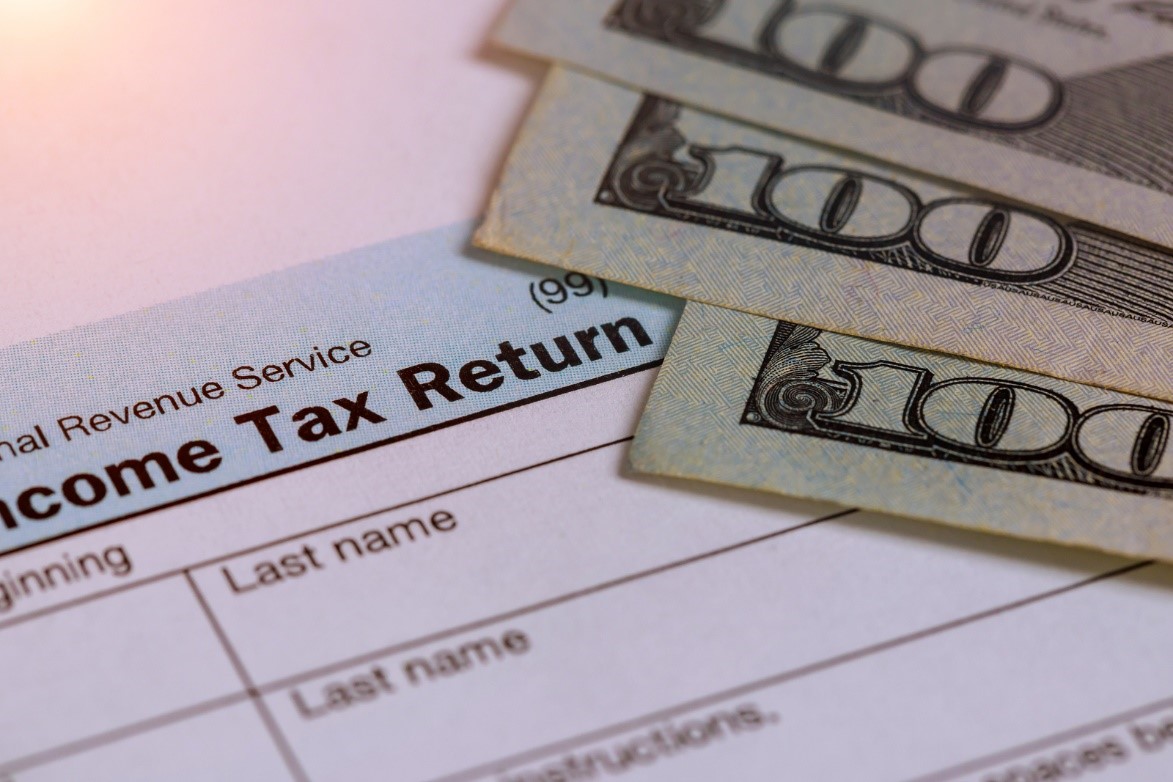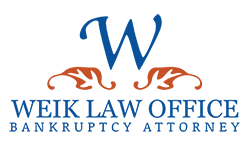GET HELP TODAY

When individuals are facing a huge amount of debt, a tax refund is an extremely helpful start. In the case of bankruptcy filings, however, petitioners may or may not be able to keep their tax refunds depending on the situation and laws of the state. Chapter 7 bankruptcy lawyers in Raleigh, NC discuss how Chapter 7 and Chapter 13 affect tax refunds and the precautions petitioners can take to protect it.
Tax Refunds are Assets in Bankruptcy
Both Chapter 13 and Chapter 7 bankruptcy consider tax refunds as an asset. It is classified as an asset no matter if the amount will enter the petitioner’s accounts at some point in the year, they have already received it, or they will get it after they file.
Similar to any asset, tax refunds can be protected with a bankruptcy exemption. Each state has its own regulations regarding the amount of assets petitioners can keep. However, in general, tax refunds can be difficult to exempt. In fact, most states do not have exemptions regarding tax refunds. The potential of petitioners keeping their tax refunds typically depends on:
- The bankruptcy exemptions of their state
- The amount of their tax refund
- The date of their bankruptcy filing
- Whether they file for Chapter 13 or Chapter 7 bankruptcy
Bankruptcy lawyers in Raleigh, NC can help petitioners take advantage of a wildcard exemption. The exemption allows petitioners to choose any asset they would like to keep. In North Carolina, individuals can use up to $5,000 of the unused burial or homestead exemption as a wildcard amount. The state also offers an additional $500 wildcard exemption.
Tax Refunds Under Chapter 13 and Chapter 7 Bankruptcy
The bankruptcy trustee will ask petitioners to turn over their tax returns early on their filing. How far back depends on the type of bankruptcy they are filing for:
- Chapter 13 – This requires four years’ worth of tax refunds. It shows the trustee that the petitioner has taken steps to pay overdue taxes, which is necessary to qualify for Chapter 13.
- Chapter 7 – This only requires the most recent tax year, as well as all tax returns the petitioners file during their bankruptcy case.
It is crucial to file complete tax return documents to prevent petition rejection. Petitioners are advised to consult their Chapter 7 bankruptcy lawyer in Raleigh at every stage of gathering paperwork.
What Happens to Tax Refunds in Bankruptcy
In case the petitioners’ tax refunds are not covered by exemptions, the type of bankruptcy they qualify for will dictate where it goes:
- Chapter 7 – The bankruptcy trustee will take the amount of the refund and distribute it to creditors.
- Chapter 13 – While petitioners do not have to surrender most assets under this chapter, they will have to pay their creditors through a repayment plan over three to five years.
Weik Law Office: Your Raleigh Bankruptcy Attorneys
Chapter 7 bankruptcy lawyers in Raleigh, NC can help you navigate the complex bankruptcy laws, which include what happens to your assets such as tax refunds. Call Weik Law Office today at 919-845-7877 for a free consultation, and set up a time to speak with one of our friendly professionals.
